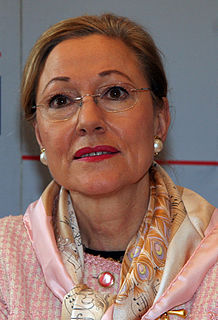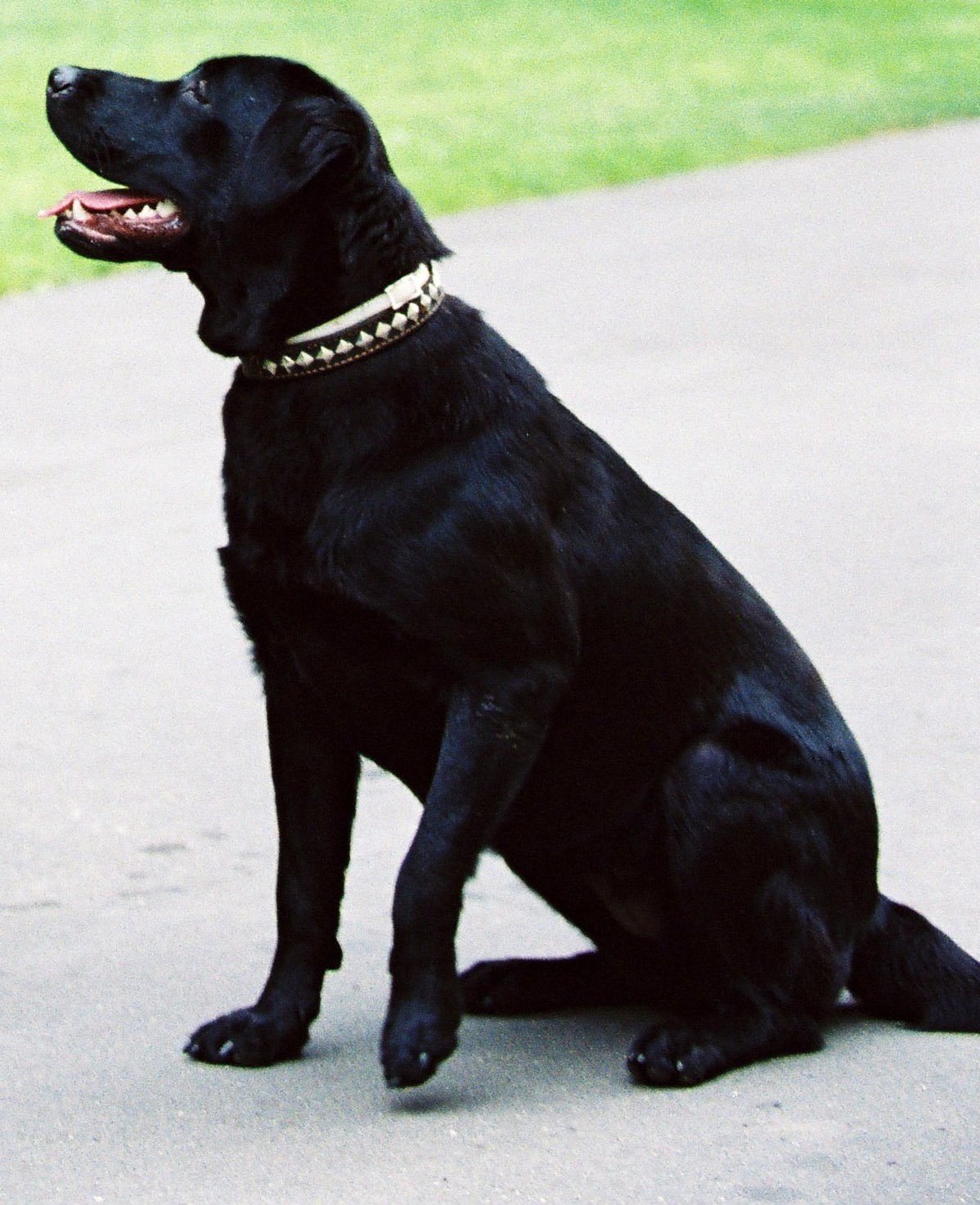
The United States presidential election of 1824 was the tenth quadrennial presidential election, held from Tuesday, October 26, to Thursday, December 2, 1824. In an election contested by four members of the Democratic-Republican Party, no candidate won a majority of the electoral vote, necessitating a contingent election in the House of Representatives under the provisions of the Twelfth Amendment to the United States Constitution. On February 9, 1825, the House of Representatives elected John Quincy Adams as president. The 1824 presidential election was the first election in which the winner of the election lost the popular vote.

The United States presidential election of 1852 was the seventeenth quadrennial presidential election, held on Tuesday, November 2, 1852. Democrat Franklin Pierce, a former Senator from New Hampshire, defeated General Winfield Scott, the Whig nominee. This was the last election in which the Whigs served as the principal opposition to the Democrats.

The United States presidential election of 1904 was the 30th quadrennial presidential election, held on Tuesday, November 8, 1904. Incumbent Republican President Theodore Roosevelt defeated the Democratic nominee, Alton B. Parker. Roosevelt's victory made him the first president to win a term in his own right after having ascended to the presidency upon the death of a predecessor.

The 1952 United States presidential election was the 42nd quadrennial presidential election. It was held on Tuesday, November 4, 1952. Republican Dwight D. Eisenhower won a landslide victory over Democrat Adlai Stevenson, ending a string of Democratic Party wins that stretched back to 1932.

The President of Austria is the head of state of the Austrian Republic. Though theoretically entrusted with great power by the constitution, in practice the president is mainly a ceremonial and symbolic figurehead.

Benita Ferrero-Waldner is an Austrian diplomat and politician, and a member of the conservative Austrian People's Party (ÖVP). Ferrero-Waldner served as the Foreign Minister of Austria 2000–2004 and was the candidate of the Austrian People's Party in the Austrian presidential election, 2004, which she narrowly lost with 47.6% of the votes. She served as the European Commissioner for External Relations and European Neighbourhood Policy from 2004 to 2009, and as the European Commissioner for Trade and European Neighbourhood Policy from 2009 to 2010.

Heinz Fischer is a former Austrian politician. He took office as President of Austria on 8 July 2004 and was re-elected for a second and last term on 25 April 2010, leaving office on 8 July 2016. Fischer previously served as minister of science from 1983 to 1987 and as president of the National Council of Austria from 1990 to 2002. A member of the Social Democratic Party of Austria (SPÖ), he suspended his party membership for the duration of his presidency.

Presidential elections were held in Austria on 25 April 2004. While the post of President of Austria is a largely ceremonial one, presidential elections are conducted on a party basis and are seen as a test of the relative standing of the major parties.

Elections in Cyprus gives information on election and election results in Cyprus.

In the Austrian presidential election of 1992, incumbent Kurt Waldheim did not seek reelection, since he did not gain acceptance in the international community.

Parliamentary elections were held in Croatia on 25 November 2007 and for overseas voters on 24 and 25 November. The campaign officially started on 3 November. The President of Croatia announced elections on 17 October and 14 days were allowed for candidate lists to be submitted.

Margot Klestil-Löffler is an Austrian diplomat, former First Lady of Austria from 1998 to 2004, and the widow of Thomas Klestil, the former federal president of Austria. She served as the Austrian Ambassador to the Czech Republic from 2004 to 2009 and Ambassador to Russia 2009 to 2014. She has been serving as Russia envoy under Foreign Minister Karin Kneissl since 2018.
Edith Klestil was an Austrian political figure, former First Lady of Austria, and the first wife of Thomas Klestil, the tenth President of Austria.
Events from the year 2000 in Austria.
The European Parliament election of 1996 in Finland was the first election of the Finnish delegation to the European Parliament.

The Austrian presidential election took place on 25 April 2010. It was the twelfth election of an Austrian head of state since 1951. The candidates were President Heinz Fischer, Barbara Rosenkranz (FPÖ) and Rudolf Gehring (CPÖ). Heinz Fischer won with just under 80% of the valid votes. The turnout was on the historic low of about 54%.

Konni, full name Connie Paulgrave, also known as Connie, was a female black Labrador Retriever belonging to the President of Russia, Vladimir Putin. Konni was often seen at the President's side, including at staff meetings, and when Putin greeted world leaders during their visits to Russia.
Thomas Prinzhorn is an Austrian industrialist and politician of the national liberal party Alliance for the Future of Austria (BZÖ).

Presidential elections were held in Austria on 24 April 2016, with a second round run-off on 22 May 2016. However, the results of the second round were annulled and a re-vote took place on 4 December 2016.


















